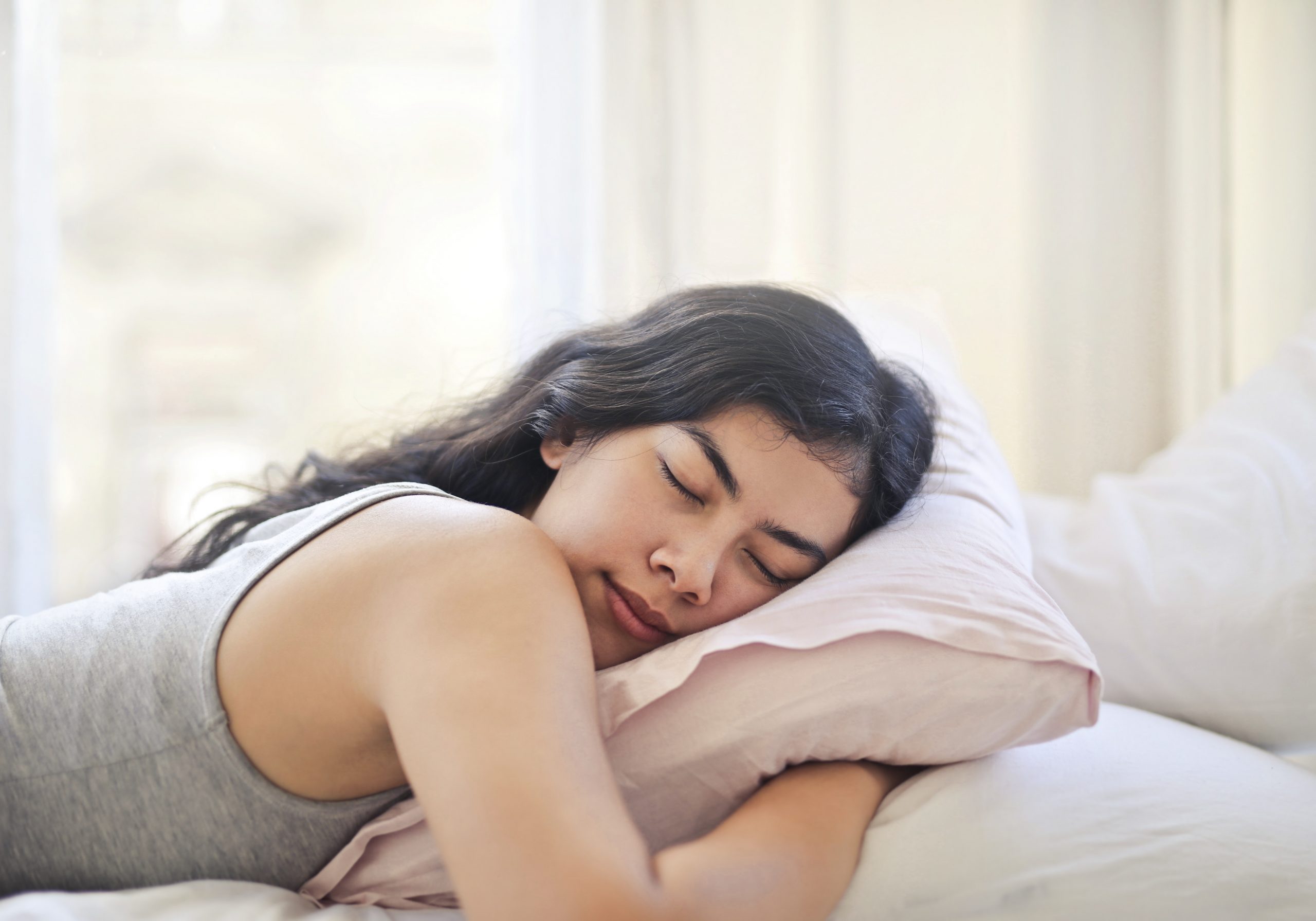
For most of my life, I’ve considered myself a millennial, mostly because I’ve ignored the exact cutoff years for being born in that generation. However – I am, in fact, a Generation Z-er (est. 1999). I come from a baby boomer dad (1964) and a Generation X mom (1966). Whether you fall on the parental or child side of the equation, or not within it all, you’re likely familiar with the dynamic of generational differences (who hasn’t heard the debate about avocado toast and home ownership at this point?).
But here’s one you might not have thought of: Sleeping habits! One U.S. Bureau of Labor Statistics study, published in AP News, looked at the changes in daily habits and activities of millennials and gen-xers and found that millennials actually sleep a little bit more per day than their gen X counterparts.
According to the AP, the study found that “Generation X women were more likely to do housework, care for children, read for pleasure and do lawn work. Millennial women were more inclined to exercise, spend leisure time on computers, take care of their pets, and sleep.”
How’d the researchers get to that conclusion? Michelle Freeman, the senior economist at the Bureau of Labor Statistics and the writer of the report, used data from the American Time Use Survey – a survey administered by the U.S. Bureau of Labor – to examine how millennials in 2019 and gen-xers in 2003 spent their time. (She did this because, as she explained in her report, “In 2019, millennials were the same ages—23 to 38 years—as members of Generation X in 2003.”)
The study looked at men and women, job status, family, location, earnings, education, and activities engaged in. Diving a bit deeper into the area of sleep, the study found that millennials slept 22 minutes longer per day in 2019 than Gen X in 2003. (In this study, specifically, sleep included both naps and spells of sleeplessness.)
Freeman explained how her parents, who were baby boomers, had an uber focus on work and how attitudes towards sleep have changed over the years.
“Sleeping a lot was considered lazy. We now respect the fact that more sleep is good for our health,” said Freeman. In fact, it’s more than good, it’s great: A good night’s sleep may lower your body mass index (BMI) and keep you at a healthy weight, reduce stress, improve your mood, give you energy, and benefit your overall health.
Unfortunately, too many Americans don’t get enough shut-eye. While The Centers for Disease Control and Prevention (CDC) recommends that adults who are 18 to 60 get seven or more hours of sleep, some research suggests most American adults are clocking less than six hours of snooze time per night.
A big takeaway of this study is the generational change of focus on certain activities and societal norms. While the study did include men as well, AP News highlighted one mother and daughter’s relationship and how their experiences differ: Twenty years ago, one went to the mall to find what she needed to shop for, while the other is now on the iPad purchasing items with the simple tap of a screen.
It was also very common for women to be homemakers back in the 50s and 60s, while in the 00s and 10s, we’ve seen a surge in women working, women pushing for equal rights in the workplace, and fathers taking on the role of stay-at-home-dad. We also see women having children later in life, while past generations were having children often in their early 20s. These factors may free up some sleep time for millennials.
Society has shifted with millennials prioritizing more personal needs, like mental health, leisure time, physical fitness, and yes, even sleep. Given the health benefits, that’s a change we can support.


























